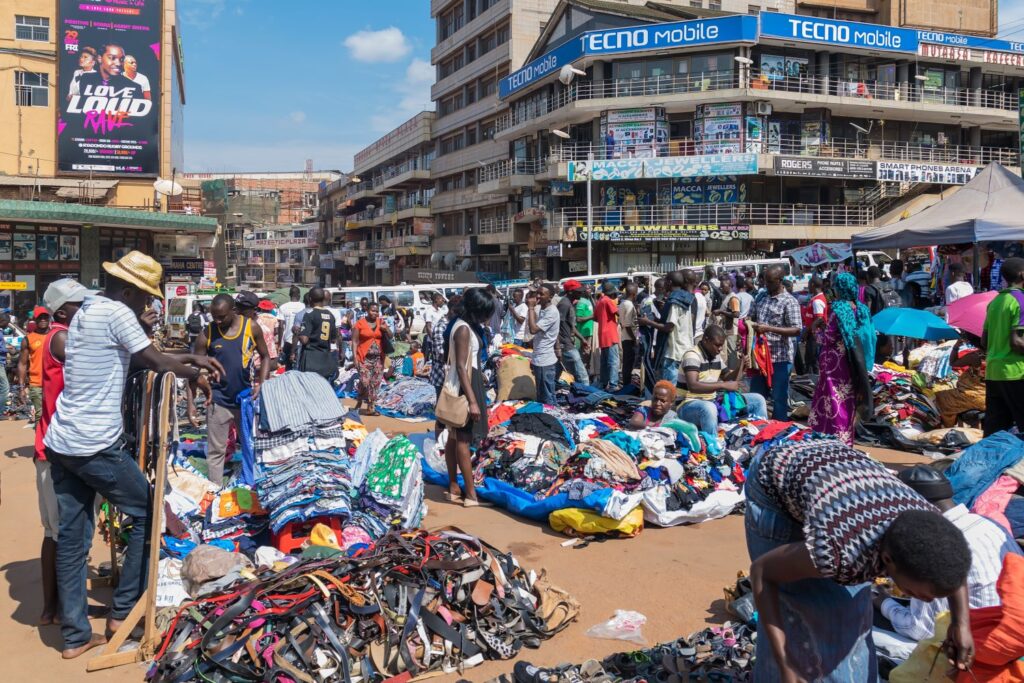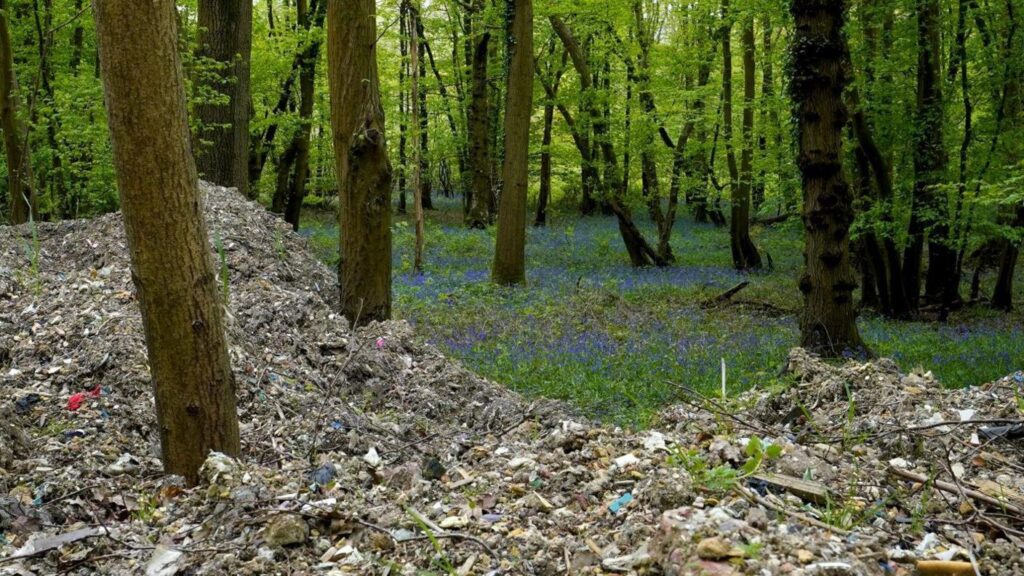On Friday, it was reported by Ugandan news website Monitor that the president announced a ban on the import of second hand clothes, effective from Friday 1 September, as part of efforts to boost the local textile manufacturing industry.
Monitor reported the president saying: “I have declared a war on second-hand clothes to promote African wear. We are going to stop the importation of second-hand clothes to create jobs form textiles factories. Anybody who stands in my way, I will crash him. We will not allow second-hand clothes to enter the country anymore.”
UK market
The vast majority of waste textiles in the UK from textile banks or charity shops are sorted by textile recyclers and then exported to other countries. Africa is the largest importing continent, taking in around three quarters of all waste textiles, with previous suggestions that around 15% of used clothing exports in the UK go to East African countries.
While previous moves to ban the import of clothes in Uganda have failed, the current threat of a ban is being taken seriously. Textile recyclers have told letsrecycle.com that they are discussing with merchants in East Africa to understand the implications of such a rule with discussions also taking place with the Foreign, Commonwealth & Development Office to find out further details.
Uganda rescinded a previous move in 2016 to ban the importation of clothes. The country tried again in 2020 but again pulled decision.
Approach
The move will concern textile recyclers and also some local authorities, as if it goes ahead it could impact the demand for used textiles, thus the price paid for textile bank material.
It also comes amid growing political tensions in Niger, which could impact imports in West Africa, too.
Some textile recycling specialists have instead been calling for a phased in approach for reducing imports of used clothing, arguing that many people rely on selling used clothes to earn a living and buy clothes.









Subscribe for free